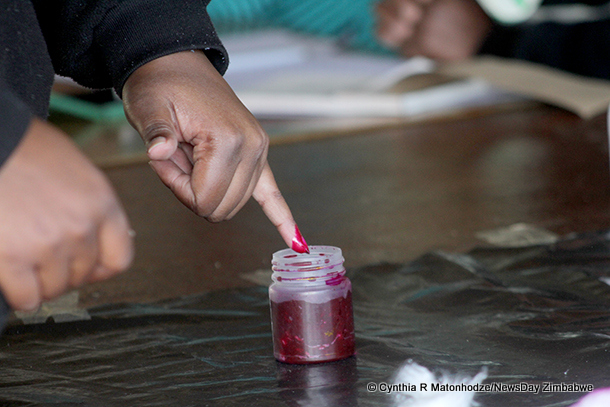
CITIZEN inclusion in the processes of governance remains one of the key drivers of development and it is the ability of elected leaders to create an enabling environment for citizens to participate in elective and governance processes.
However, inasmuch as local and international legislative frameworks advocate for the promotion of democratic involvement of all citizens in the development matrix, the legislative frameworks have not been transformed from policy to action.
Gender and age-related discrimination have always been, unfortunately, visible in the political space in Zimbabwe, regionally and across the globe.
Young people and women have been victims of skewed systems that have made it difficult for them to take part in governance and contribute to electoral processes.
Zimbabwe is on the verge of an election by mid-2018, a process that shall result in the election of a leadership that will take responsibility of public affairs for the next five years.
It is very critical that at this momentous period, young people and women must question the existing systems that pose a threat to participation in the elective processes.
One of the major constitutional barriers for young people’s participation in democratic elective processes has been the age requirements to participation, where according to the current Zimbabwean Constitution, no one can be allowed to participate as a presidential candidate unless they are 40 years or above.
This constitutional obligation has moved democracy backwards considering how other nations have embraced young people’s competence in leadership and the eligibility to contest and lead governments.
- Chamisa under fire over US$120K donation
- Mavhunga puts DeMbare into Chibuku quarterfinals
- Pension funds bet on Cabora Bassa oilfields
- Councils defy govt fire tender directive
Keep Reading
Political party structures have historically been used to elbow out the influence of young people and give them little chance to participate in the elective processes.
In Zimbabwe, major political parties, among them Zanu PF and the MDC, have structured their political parties in a way that is described by many schools of thought as strategically discriminatory.
For instance, the political parties have the women, youth and the main wing, where the majority of the decisions are made in the main wing.
This technical elimination and neutralisation of young people, who ironically constitute more than half the population of Zimbabwe is an area that needs redress and an opportunity for young people and women to challenge the current gender and age disparities towards electoral participation.
As the 2018 election approaches, it is every young person’s and woman’s responsibility to push forward the agenda of inclusion and realise that they penetrate the corridors of power both within main political party structures as well as in related spaces that influence the electoral climate and its outcome.
Gender and age should never be a barrier towards maximum citizen involvement in elective spaces, governance and accountability processes.O4Z











